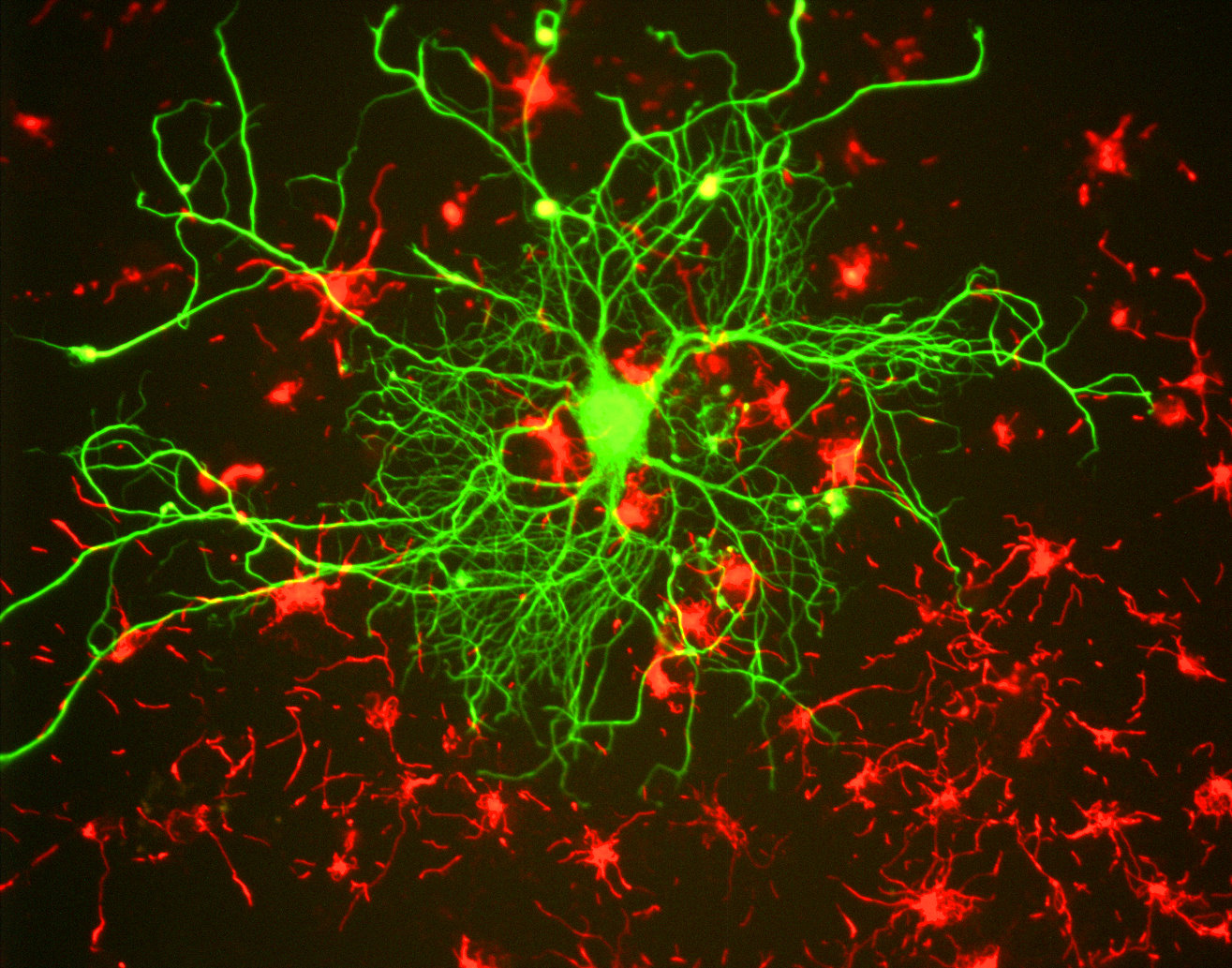Laquinimod failure is bad news for Teva's MS hopes

Teva has been forced to abandon laquinimod in relapsing-remitting multiple sclerosis, after it missed a target related to disability progression in a late stage trial.
The Israel-based pharma company had been counting on the drug to maintain its MS franchise, as its big-selling MS drug Copaxone (glatiramer) faces generic competition in the US market and elsewhere.
The failure of the drug, announced on Friday, is a big blow for the company, which has been working with Active Biotech on it since 2004.
Teva’s chief scientific officer, Michael Hayden, said that development will continue in two other trials, in primary progressive multiple sclerosis, and Huntington disease.
The company was hoping to take on Biogen and Novartis, which have produced the big selling oral MS drugs Tecfidera (dimethyl fumarate) and Gilenya (fingolimod), while Merck KGaA is also developing cladribine in a more patient friendly formulation, potentially with fewer side effects.
However Teva noted that the CONCERTO trial did show the drug was effective when assessed against secondary and exploratory endpoints, such as brain volume and annualised relapse rate.
But for now it looks like Teva is pulling out of this race, although Hayden said there were enough positives in the data to continue development in the other two indications and other neurological diseases.
Hayden said: “Although we are disappointed by not meeting the primary endpoint, we did see positive results on a number of secondary and exploratory endpoints which fuels our belief in the potential of laquinimod as a possible treatment for neurodegenerative diseases. “
The missed primary endpoint in CONCERTO was the time to confirmed disability progression (CDP) after at least three months.
But laquinimod did produce a 40% improvement in brain size at month 15, and reduced risk of first relapse by 28%.
Secondary endpoints measuring time to CDP at six and nine months did not reach significance. Laquinimod also reduced brain lesions by 30% at 15 months.
Adverse events reported in 5% or more of CONCERTO patients taking 0.6 mg daily of laquinimod were headache (17%), nasopharyngitis (9%), back pain (7%), and arthralgia (5%).
Complete data from the CONCERTO trial will be published in a scientific journal and presented at a future medical meeting.












